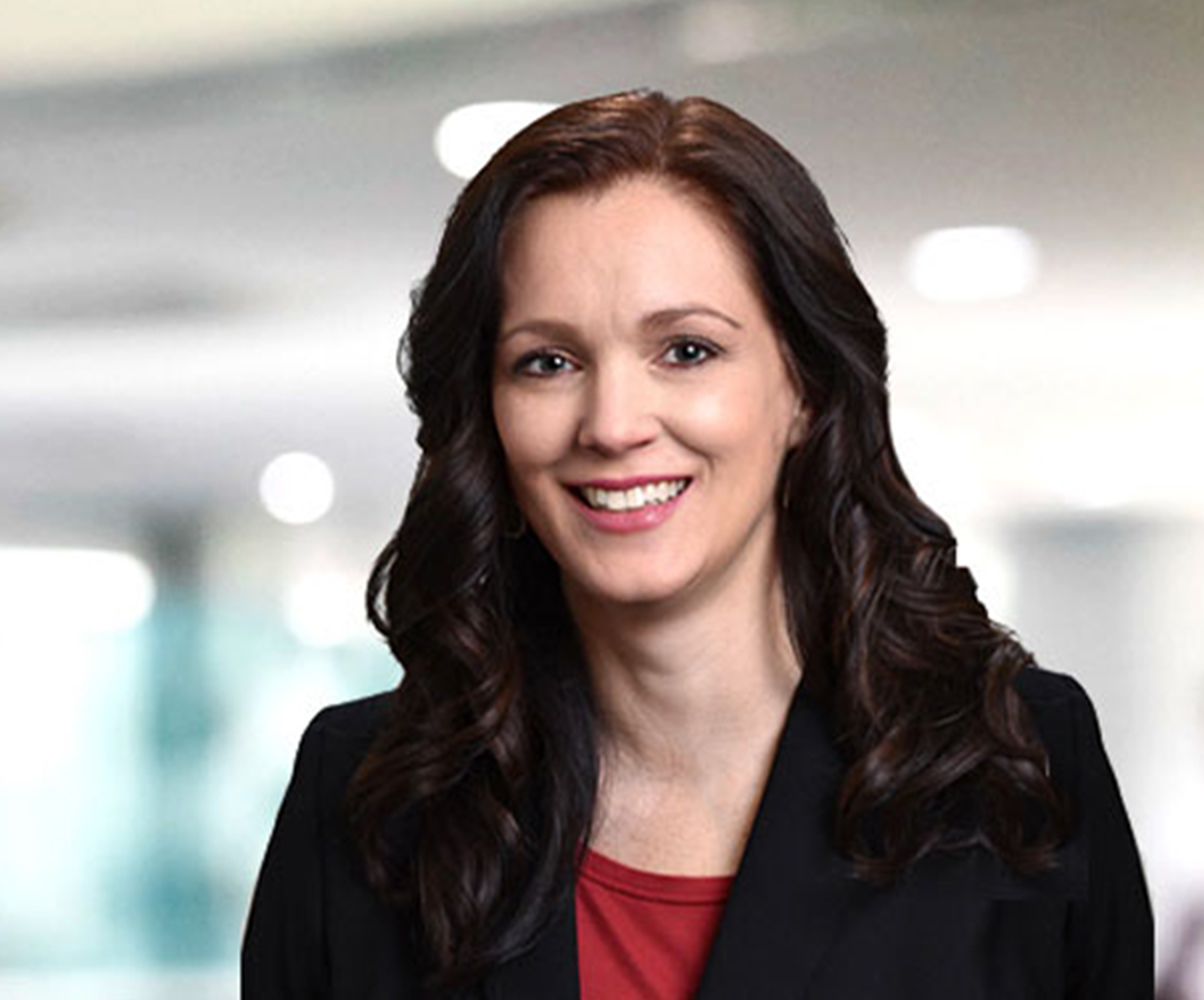More About Wilkes
At Wilkes, we support and applaud lifelong learning. We are constantly changing, evolving and growing to meet the needs of our online student nurses. We look ahead to the degree programs, experiences and opportunities our students will need to succeed, and that includes complimentary nursing clinical placement services.
Our online nursing programs offer a variety of options for working nurses. Whether you're looking to advance your current role or broaden your career path and pursue a new specialty, Wilkes has a flexible program for you. Going back to school is a big decision. That's why we offer the mentoring and faculty member support of skilled nurse educators you need to succeed.

Reach Out to an Enrollment Advisor
We’re here to talk about everything Wilkes, everything nursing and anything you need to make the right choice for your career. We'll even help with the application process. Call us or click the link below to start the conversation. We can’t wait!
Out-of-State Students
Our online nursing degree programs prepare graduates to take the national board certification exam appropriate to their degree or chosen NP concentration. Please see our full list of state authorizations to determine whether our program fulfills requirements for licensure in your home state. Wilkes University will not be able to place any students who move to an unauthorized state before or during the program and this may impact your ability to continue with the program.
Primary State of Residence (PSOR)
Your PSOR is the state in which you declare as your primary residence for legal purposes. Sources used to verify your PSOR may include driver's license, federal income tax return, or voter registration. Only one state can be identified as the primary state of legal residence.





